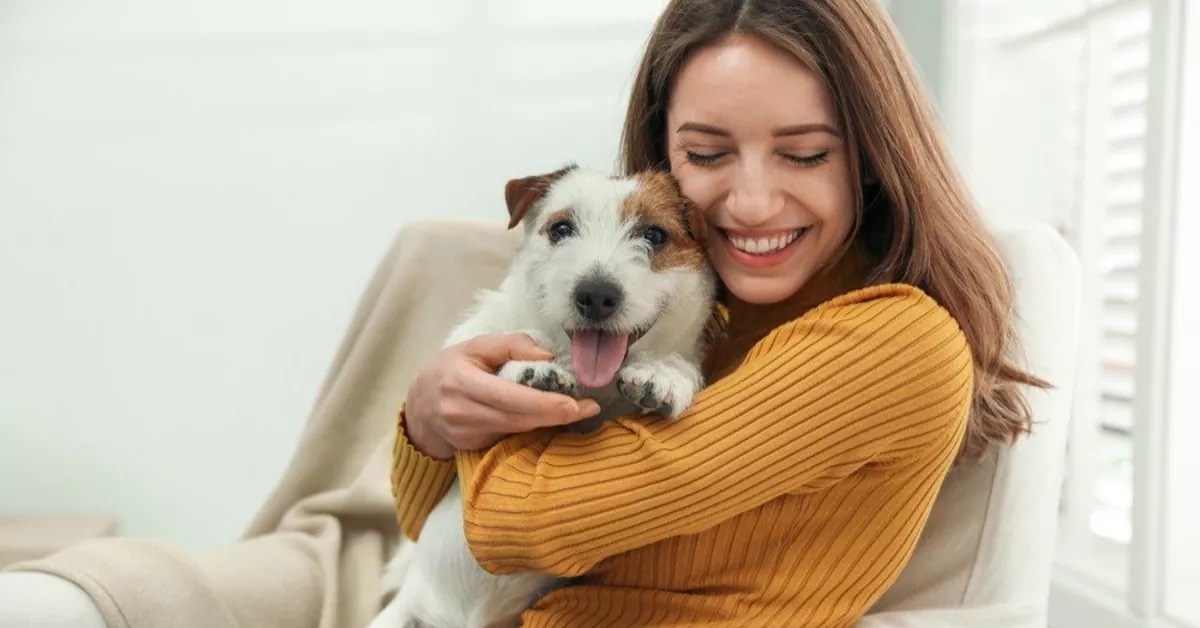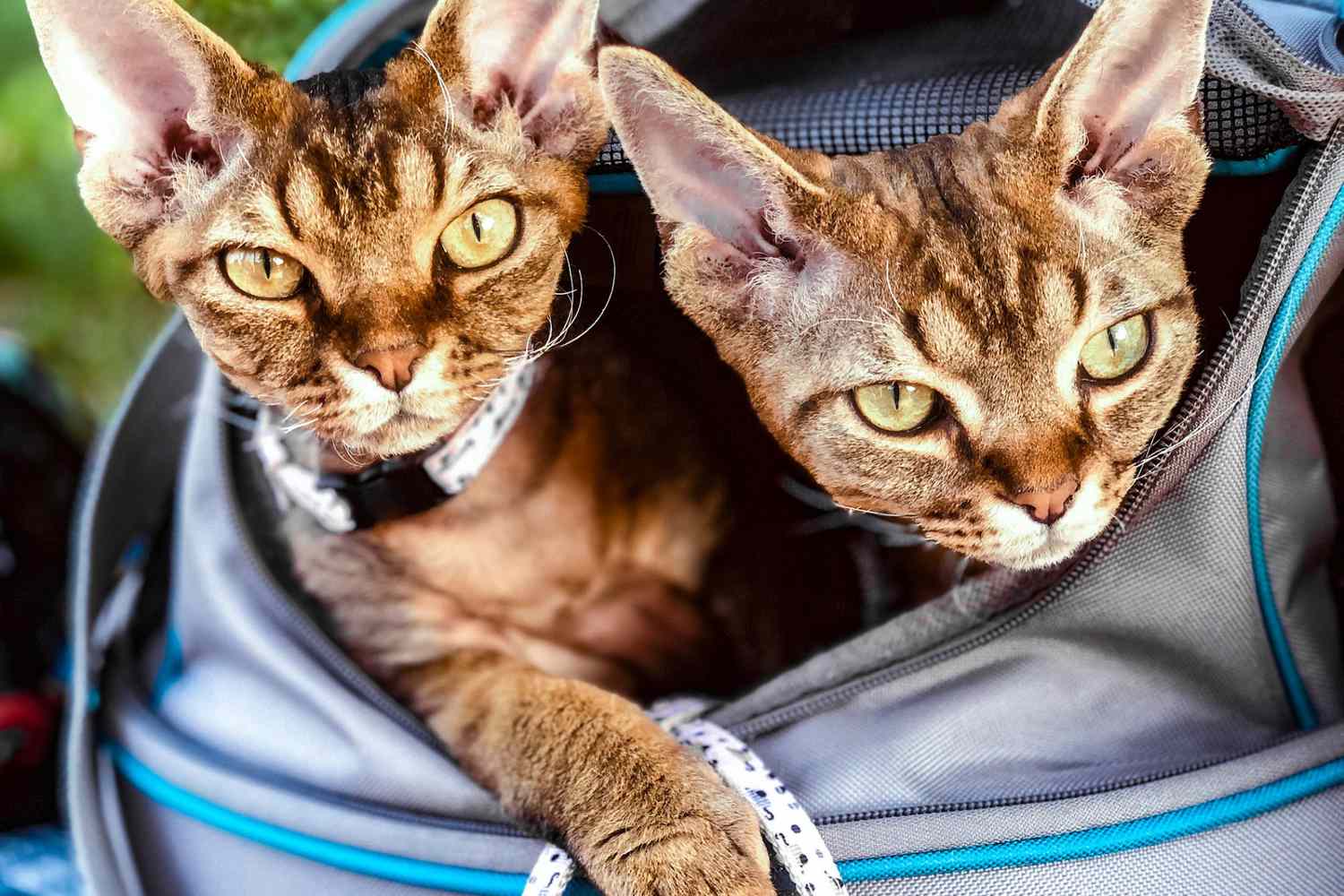Establishing a consistent routine is vital for dogs to thrive.
Four-legged babies prefer predictability and may not find surprising changes as welcoming. Any significant alterations to their established routine often demand ample adjustment and lead to peculiar behaviors that can manifest as physical health issues.
Have an efficient transition plan ready; however, consider being prepared with dog insurance NZ. With cheap pup insurance, your furry companion can avail of timely medical assistance during particular illnesses, accidental injuries, and medical emergencies, so why not contemplate purchasing a policy?
Here are some tips to help your pup adjust to a new routine.
Adapting to a new routine can be challenging for pooches, but with patience, consistency, and positive reinforcement, you can help them adjust smoothly. The below tips can help you achieve the same –
- Whenever possible, make changes to your pup’s routine gradually. Abrupt modifications can be disorienting and stressful, which is why you should avoid them. Slowly introduce the new elements one at a time, allowing your dog to process the change and acclimate at its own pace.
- While implementing the new routine, try to retain some familiar elements that your dog associates with its old schedule. For instance, despite location changes, your pet may feel comfortable and stable if mealtimes remain the same.
- Dogs depend on consistency, so keep up with the daily schedule for feeding, walks, playtime, and rest, even if you are moving to a new home. Try to adhere to this schedule as closely as possible to meet your dog’s expectations because changing homes and routines at the same time can mentally wreck your pup.
- Use positive reinforcement techniques like treats, warm gestures, praise, and affection to encourage your dog’s good behavior during the transition. Reward it on every small yet successful step while adapting to the new routine or following the desired behaviors.
- Understand that your dog may initially be confused or resistant to the changes. Be patient and empathetic during this period. Avoid scolding or punishing it for any temporary lapses in behavior.
- Interactive play sessions can help relieve stress and anxiety during the transition. Play with your dog using its favorite toys or engage in activities it often enjoys, providing a positive outlet for any pent-up energy.
- Regular exercise is crucial for your dog’s physical and mental well-being. Even during the transition, maintain the exercise routine as much as possible; this can alleviate stress and promote adaptation.
- Designate a quiet and comfortable area where your dog can retreat when feeling overwhelmed or anxious in new surroundings. Fill it with your pet’s regular toys, bedding, and water to make it a secure sanctuary.
- During the transition, shower your dog with extra love and attention. Spending quality time together strengthens the bond and reassures your dog that you are there for support.
If your dog experiences significant difficulty adapting to the new routine or displays prolonged behavioral issues, consider seeking guidance from a professional dog trainer or a vet.
Remember, every puppy is unique, and the time required for adjustment may vary. Provide a nurturing environment and be hopeful until your beloved companion completely adjusts to the new routine. Simultaneously consider being equipped with dog insurance in NZ to handle unanticipated illnesses more effectively. Contemplate purchasing cheap pup insurance so your canine has basic health coverage in the least.




